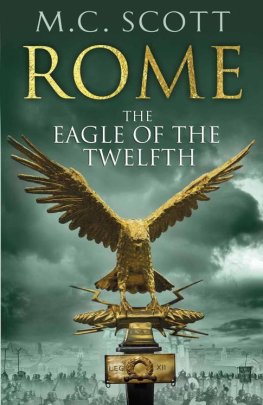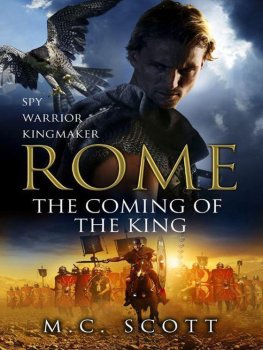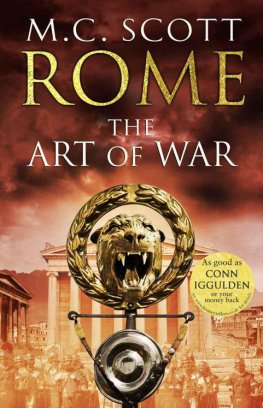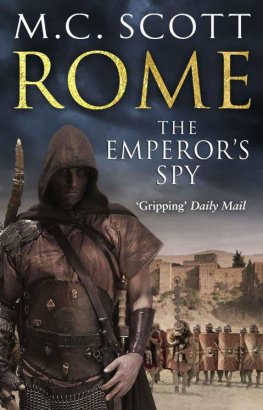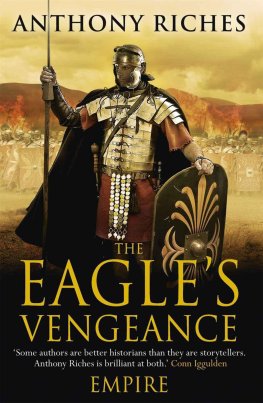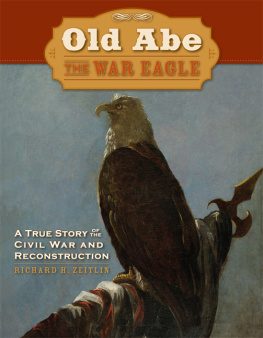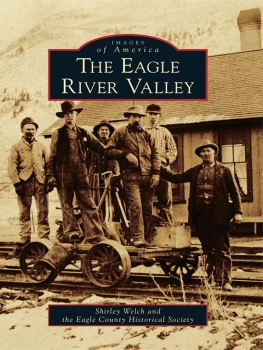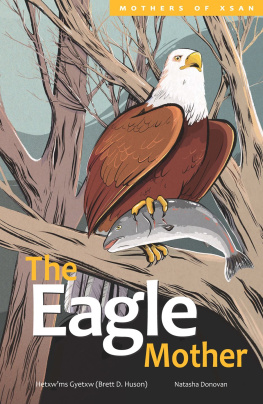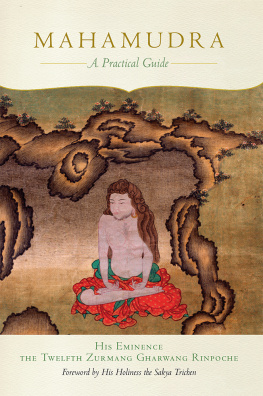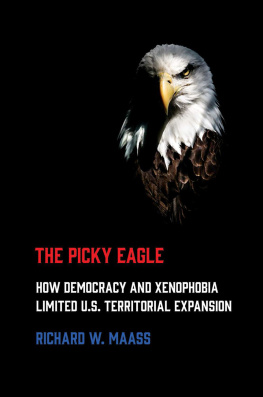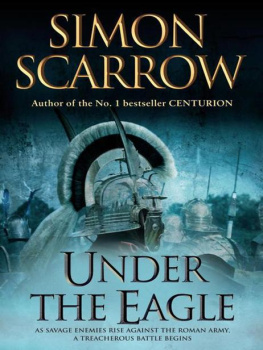M. Scott - The Eagle of the Twelfth
Here you can read online M. Scott - The Eagle of the Twelfth full text of the book (entire story) in english for free. Download pdf and epub, get meaning, cover and reviews about this ebook. genre: Adventure. Description of the work, (preface) as well as reviews are available. Best literature library LitArk.com created for fans of good reading and offers a wide selection of genres:
Romance novel
Science fiction
Adventure
Detective
Science
History
Home and family
Prose
Art
Politics
Computer
Non-fiction
Religion
Business
Children
Humor
Choose a favorite category and find really read worthwhile books. Enjoy immersion in the world of imagination, feel the emotions of the characters or learn something new for yourself, make an fascinating discovery.
The Eagle of the Twelfth: summary, description and annotation
We offer to read an annotation, description, summary or preface (depends on what the author of the book "The Eagle of the Twelfth" wrote himself). If you haven't found the necessary information about the book — write in the comments, we will try to find it.
The Eagle of the Twelfth — read online for free the complete book (whole text) full work
Below is the text of the book, divided by pages. System saving the place of the last page read, allows you to conveniently read the book "The Eagle of the Twelfth" online for free, without having to search again every time where you left off. Put a bookmark, and you can go to the page where you finished reading at any time.
Font size:
Interval:
Bookmark:
M. C. Scott
The Eagle of the Twelfth
I could not love thee, Dear, so much,
Lovd I not honour more.
Richard Lovelace, To Lucasta, Going to the WarsDulce et decorum est pro patria mori.
Horace, OdesPrologue
Rhandaea, on the northern bank of the Murad Su, in the country of Armenia, October, AD 62
The last shreds of night held our backs. On either side, unscalable peaks held our flanks. Spread across the wide vale between, we, the XIIth legion, had the advantage of height against our enemy; not a great height, but enough that an olive placed on the stony ground would have rolled under its own weight down the four thousand cubits to the foot of the pass. Enough that when the suns first edge cut the horizon and poured light across the tens of thousands of foot and horse who made up the King of Kings Parthian army, we found ourselves looking down on to the tops of their helmets and they seemed to ooze towards us, thickly, like so much mercury poured into a dish; a river of shimmering metal, dancing under the sun.
Drums sounded their advance, and their thunder was echoed by the roll of ten thousand hooves. They came faster than I had imagined. Too soon, the faces of our enemies became plain to see and the armoured heads of their horses turned the quicksilver to a darkling ocean with sheen-topped waves.
The gust of wind brought us their stench: a blanket of horse-sweat and man-sweat so thick that we could have cut it with our knives and eaten it to fill the hollowness inside. My own sweat flashed cold across my back, and I reached for comfort to the horn settled at my left shoulder, the brass nestled by my ear, the ready places for my fingers. A spray of notes crowded my mind, ready to loose into the wild air.
The sun edged up until it caught the first heights of our standards. I saw the raised fist of Jupiter reach for the first rays, folding the light into its majesty so that it blazed with a life all its own.
I raised my hand to join it and the cheer that broke along the line was deeper than the enemy drumbeats, lasted longer, grew louder, and harder. It reached the oncoming cavalry and I saw them check in their advance, saw the horses pitch and stumble as they took the first rise of the hill.
In that moment, I believed the gods were with us. From my right side, I heard Syrion suck in a breath and hold it, and let it out in a word: Arianna, the name of his woman one of his several women spoken as a benediction, in heartfelt gratitude, as by a man who is granted his greatest wish.
Syrion was the standard-bearer for our cohort, and no man deserved the honour more. He wore a muleskin, where others of his kind wore bear or wolf or leopard; for us, the mule spoke to our hearts of the time we had defeated a worthy opponent. He wore it for the first time now, and if it was the last, still, it gave us courage.
On my shield side, my heart side, stood Heraclides, known as Tears, who had been born into wealth on Crete, and had grown expecting to prosper as the owner of a dozen vineyards until both of his parents died, whereupon he had been sent to live with an aunt in Socnopaios, who had given him up as a conscript in payment of tax, in lieu of her eldest son.
Tears had wept for most of the first three months after he joined us, but he was too beautiful to be whipped for it and we had taken care of him and he had grown to be the best swordsman of our unit. He smiled at me now, and it was the smile of the young Apollo, or Zeus in his youth, readying himself for war.
Ranged alongside were the other men of our unit: Rufus, Horgias, Sarapammon and Polydeuces, known as the Rabbit, for the single act of hiding in a hole one winters night, when we were camped in the Syrian mountains, with the IVth Scythians as our enemy.
None of us was hiding now. Ablaze at last, as the standard was ablaze, bright in our armour, with our scarlet tunics aglow in the sun, we held a firm line and the need to fight shone from us, I think; our need to prove what we could do.
I looked ahead again. The sun had flooded the pass now. Tribal banners in the coloured silks of the Parthian tribes wove across the oncoming tide in a clash of hues: jade and citrus, scarlet and emerald, cornflower, crimson, gold.
At the back on their far right was a silver elephant on a ground of midnight blue that was the King of Kings own mark. Vologases rode a grey horse, not as fine as my bay mare there was no better horse in his empire or ours but he had thirty men around him on matched blacks that were good enough to keep him safe.
In the front, to their left, facing us, was the blue tern of Adiabene whose king was Monobasus, the fox-faced petty tyrant who had betrayed Parthia and Rome with equal abandon. I fancied he recognized me as I did him, for he spoke once to his men and they readied their spears, bringing them down in a flurry of silk and iron. Their tips hung level, aimed at our hearts.
A mans shout rose up from their rearmost ranks, and theenemy drumbeat changed. As one, in perfect harmony, the oncoming horses rose from a trot to a canter. I could see mens faces level with my chest, just beyond casting distance for our spears. In the centre of our line, eighty paces to my left, I felt Cadus raise his hand; I did not need to look.
Sound, he said. That was all.
As one born to this single act, I dipped my lips to meet the trumpets mouth even as my hands raised it up to be taken. I breathed deep, set my lips tight, and blew the ripple of eight notes that Cadus and I had planned so many years before in a tavern in Cappadocia. All along the line, the trumpeters of each cohort did the same, and this morning, this glorious morning, we were note-perfect.
Ripe as riven gold, the sound poured out across the morning.
Four things happened.
On the first note, the front ranks cast their javelins and drew their swords and knelt.
On the second note, the second ranks cast their javelins and drew their swords and knelt.
On the third note, the third rank cast their javelins and drew their swords and did not kneel.
On the fourth note, every man in all eight ranks rose to his feet and took one pace to his right, then one pace back for each of the remaining notes, leaving behind hardened oak stakes that stuck out of the earth, angled upwards to meet the bellies and breasts of the oncoming horses.
It was faultless. It was beautiful. The gods themselves could not have done it more cleanly, more sharply, in better time or in more perfect unison.
A thousand drills, in daytime, in deepest night, in summer, in winter, on flat ground and bog, on hill and rock and snow, done over and over until each man could place his stake and step around it in his sleep; these drills proved their worthhere and now and the men who had cursed Cadus and me for devising it, who had promised our deaths at their own hands on the first battlefield now these men turned their heads to the front and raised their shields and set their short-swords through the gaps and I read on the face of each one the shine of such pride as made my heart burst.
Cadus brought his hand down, hard. We sounded two more notes and each man pressed his shield edge firm against the one to his right and like that, as a solid wall, we stepped towards the stumbling, screaming, broken ranks of Vologases cavalry.
I smelled sweat and spilled intestines; I tasted blood on the thick air; I felt my blood surf in my ears and my muscles bunch across my back and I was shouting, I who had not known I had opened my mouth, and it sounded to me as if my whole life had been building to that shout, that it might reach to the sky and rock the earth in its foundations and that men might die on the end of it; other men than me.
I looked to my left and Tears grinned back at me and I saw on his face the mirror to my own exultation and knew that he was in love, as I was, with the promise of battle.
Font size:
Interval:
Bookmark:
Similar books «The Eagle of the Twelfth»
Look at similar books to The Eagle of the Twelfth. We have selected literature similar in name and meaning in the hope of providing readers with more options to find new, interesting, not yet read works.
Discussion, reviews of the book The Eagle of the Twelfth and just readers' own opinions. Leave your comments, write what you think about the work, its meaning or the main characters. Specify what exactly you liked and what you didn't like, and why you think so.

